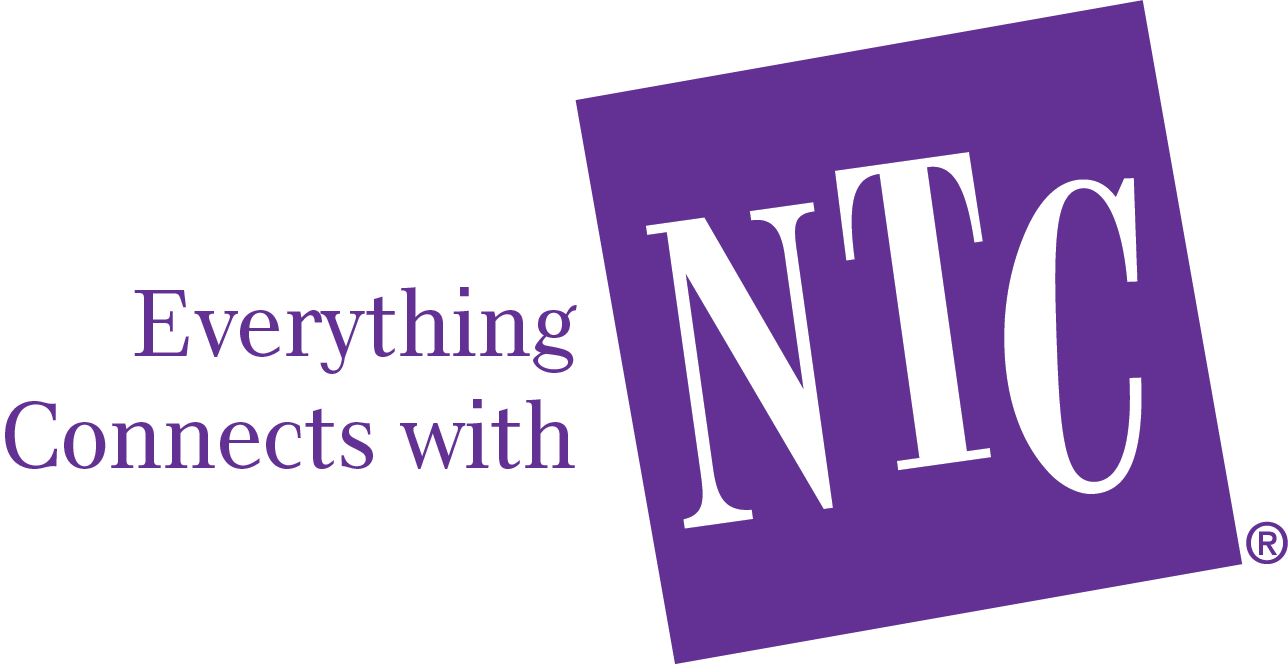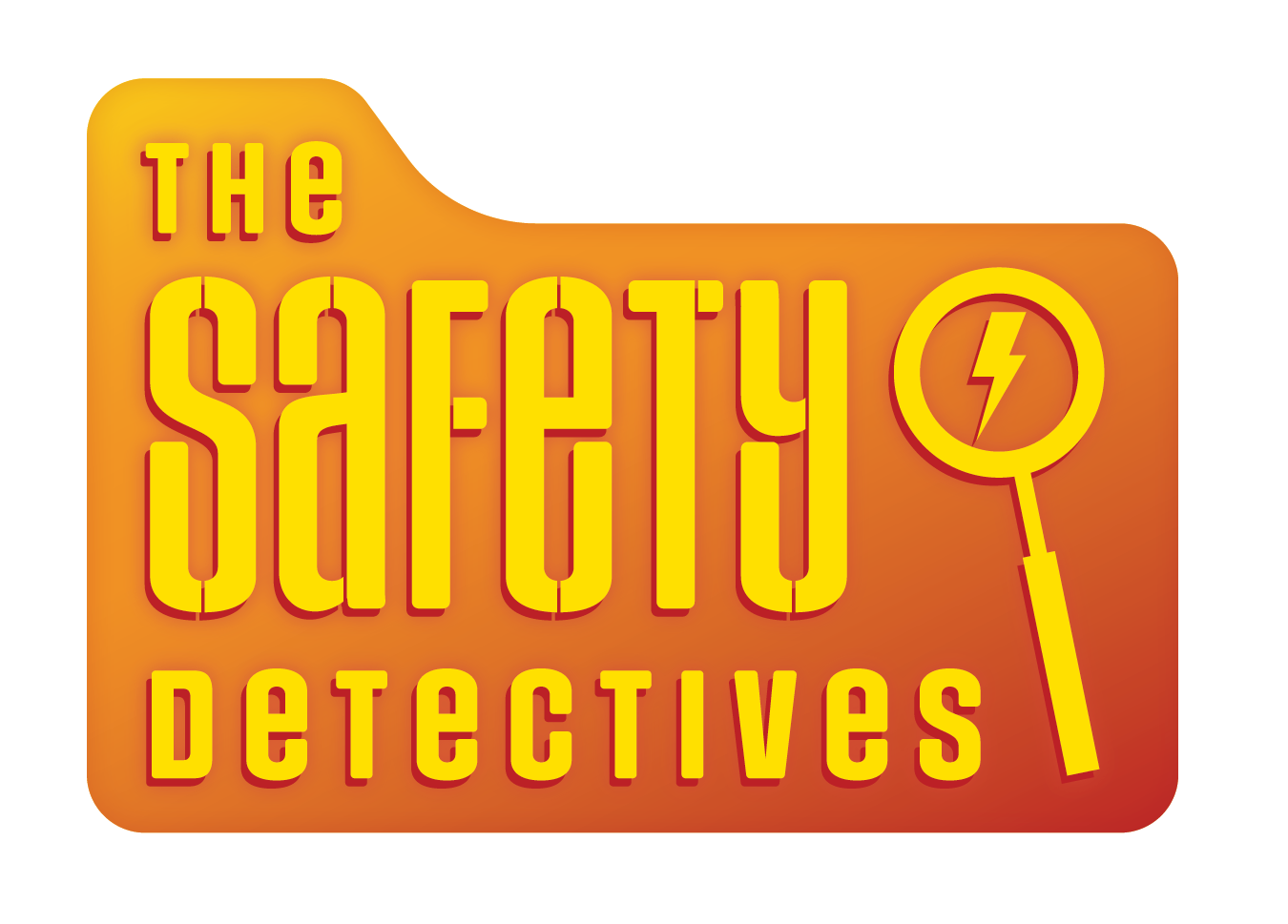PUBLIC
SAFETY
Public Safety
Community Outreach and Education is your first line of defense in safety management.
The world has become more complicated, which means keeping our communities safe and resilient is more complicated too.
Technological advancements are changing the way we do things faster and faster, outpacing our ability to adjust as quickly as needed.
This all adds up to knowledge gaps in our communities that can make them less safe and not as strong as they could be.
NTC specializes in multi-dimensional, geo-specific community education and outreach programs that:
- Fill community knowledge gaps
- Promote positive behavior change and adoption of safe habits
- Build safer and more resilient communities.
Our programs can focus on educating your communities on:
- Electrical safety
- Natural gas safety and conservation
- Battery recycling safety and fire prevention
- Emergency preparedness
- Geo-specific natural disasters, including floods, wildfires, and hurricanes
- Bike and transportation safety
- Public safety career pathways
Featured Programs

Ready or Not
You can’t teach during an emergency. That’s why our flagship emergency preparedness program, Ready or Not, is designed for K-12 students and their families in any region of the U.S. and is customizable to include messaging on any emergency or geo-specific community. As a NOAA Weather Ready Nation Ambassador, NTC is well aware of the benefits of educating communities on how to prepare for any emergency. In addition to featuring information about different types of hazards, emergencies and disasters, our emergency preparedness outreach includes details on how to make a Family Communication Plan and preparedness kit. Beyond the community relations benefits our emergency preparedness outreach provides, it can also help organizations prioritize mitigation over recovery, ultimately reducing costs in the event of an emergency or disaster.The Safety Detectives
An engaging, interactive performance that teaches students about electrical safety by following a detective hero who is learning about electricity and how to stay safe around it. With the help of quirky characters and a villainous villain, the hero along with the student audience, work together to solve a mystery. The program comes with supplemental educational materials designed to further engagement with a teacher toolkit, digital activity books, hands-on lesson plans, and digital games, activities and graphic novel.
The program provides a memorable lesson for students to foster safe practices in our increasingly electricity-dependent lives and covers topics about electrical safety, including:
- The distinct definitions and uses of the terms energy and electricity
- How electricity, as a specific type of energy, is used to power our homes, cities and devices, and is generated through multiple methods
- How our personal habits can waste energy, but by adjusting those behaviors we can conserve that energy
- How students can take electrical safety into their own hands
- Ways students can extend their electrical safety knowledge to new real-life situations.

The Big Battery Rescue
An educational program and battery recycling challenge for grades K-5 that aims to reduce the number of household batteries ending up in landfills. Students are taught about battery waste and conservation, the dangers of not recycling batteries properly, and how to prevent battery fires. The program includes an interactive live performance, and classroom lessons and activities designed to educate students and empower them to bring their newfound knowledge into their homes and communities. The education is coupled with a school battery recycling drive and classroom collection buckets, a customized program website with community information on battery collection facilities, and further support for waste diversion initiatives.Safety Cycle
An arts-integrated pedestrian and bike safety education program featuring a 25-minute live performance, an educational video package, and an interactive educational toolkit focused on safe pedestrian and bicycle practices. The information is presented in language that is easy for students to comprehend, while encouraging them to use their newfound knowledge in everyday practice. Students are inspired to influence pedestrian and bicycle safety practices in their homes and communities, learning:- How to cross streets and roads using the searching left-right-left method
- What relevant traffic laws are and why they are in place
- What safety practices to use when exiting and entering a vehicle
- How to use and properly fit protective headgear
- Bicycle parts and safety features
- Safe biking techniques
Electrical Safety Education
Keeping the public safe means education that keeps pace with technology
You Cannot Educate in a Crisis
How emergency preparedness education is smart resource allocation
Better than A lecture
How to engage student and influence behavior change
Reaching Those You Want to Reach
How NTC’s targeted outreach and open access reaches LMI communities
Educational Points
Every NTC program is built around several educational concepts related to the overall subject matter and supported by the curriculum connected to those concepts.
The content in each of our programs is articulated to appropriately connect to different grade bands in the K–12 setting and align with state and national education standards.
Words matter, and we work with each individual client to craft messaging that presents your unique industry information to the schools in your communities.
- Why recycle batteries and how to do it safely
- Preventing lithium ion battery fires
- Staying safe around electricity and natural gas
- Pedestrian and bicycle safety techniques
- How to recognize and respond to crossing guard and traffic signals
- Identifying dangerous electrical conditions
- The difference between disaster, emergency and hazard
- What a family emergency plan is
- How wildfires start
- What to do during a power outage
- Who to seek for help in an emergency
- Safe transportation practices
- Customized educational concepts: What do you need to teach your communities?












